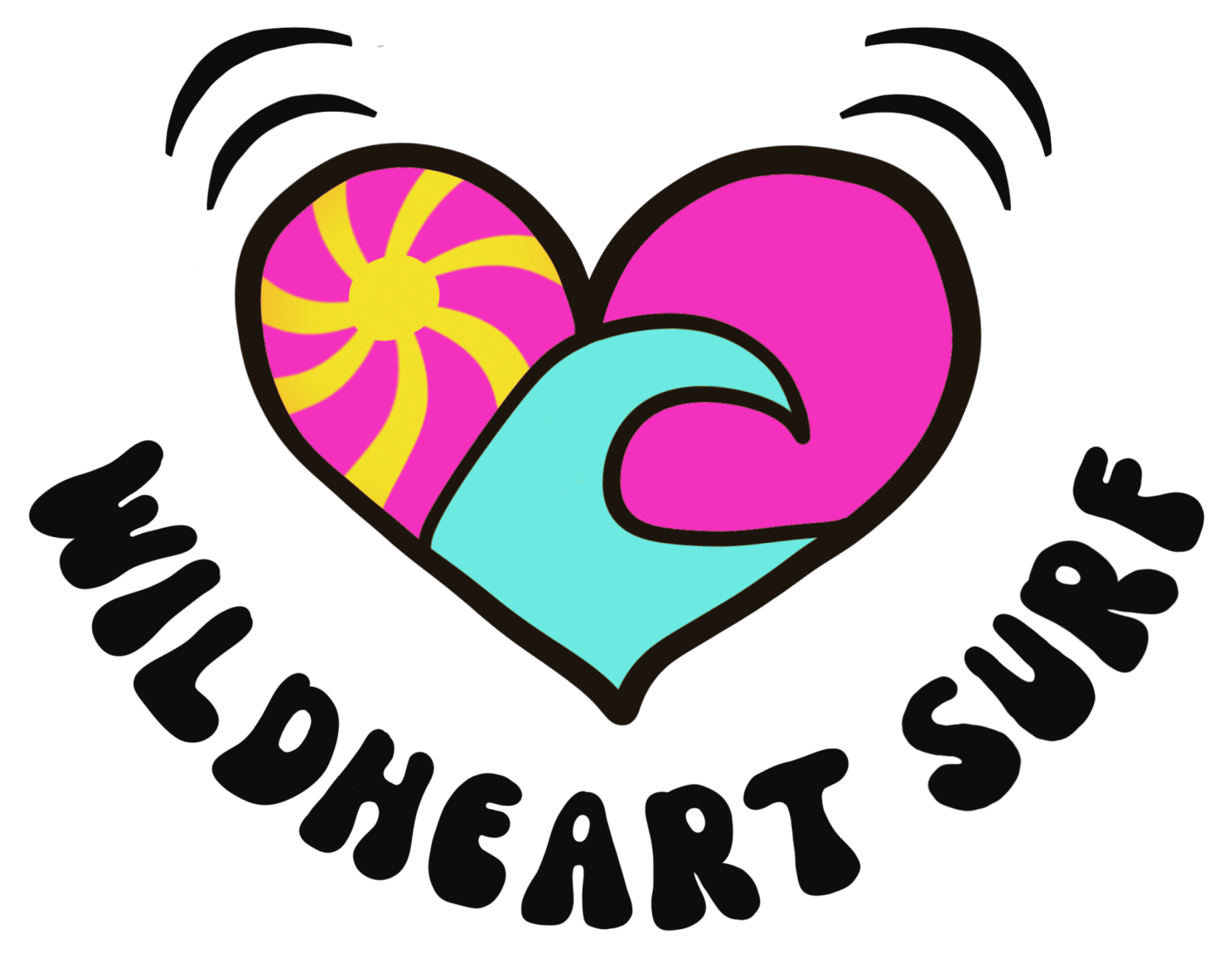Have you heard of vagus nerve stimulation yet? The vagus nerve is your body’s main calming nerve, which runs from your brain to your belly. Especially for women surfers over a certain age (say 40+), stimulating the vagus nerve can help you stay calm under pressure. It may also help you improve balance and recover faster.
If you often feel anxious in the surf or on land, this article is for you.
Why is vagus nerve stimulation important for female surfers after 40?
How many women do you know (surfers or not) who, once they hit their late 30s or 40s, are constantly chasing themselves? Running from one thing to the next, worrying about family, love, health, or if they’re “being productive enough.”
I know I am (especially if I don’t meditate) and I know my friends are too. We’re all in our early 40s. Part of it might be our busier lives (family, career, etc.), but it feels like our collective anxiety just increases as we age.
And as we move into our 40s, studies show that our sex hormones (estrogen and progesterone) begin to fluctuate, which can make us more sensitive to stress. We may get more restless at night and less grounded. Add to that the everyday stuff, and no wonder that our nervous system feels overloaded.
“Not only during menopause, but throughout all reproductive transition phases, resilience and secretion patterns of sex steroid hormones may be relevant predictors of psychological well-being” – Süss et al. (2021)
Surfing can absolutely help to release that stress, but it can also add to it (depending on how the session goes…).
This is why vagus nerve stimulation is important. It activates your “rest and digest” mode, lowering stress hormones, supporting digestion, steadying your heart rate, and building resilience.
Try one of my yoga classes below, which is a great ways to stimulate your vagus nerve:
You can feel this physically, but also mentally and emotionally. Stimulating the vagus nerve helps you think clearer, panic less – e.g. when the waves look big (you can practice this with breathwork) – and feel more confident in your body and yourself.
Which came first, the chicken or the egg?
Here’s what I wonder: do our hormones shift as we age, making us stress more? Or do we stress more because life gets busier, and that throws our hormones off?
Because our stress and our sex hormones influence each other. When we’re under chronic stress, the body prioritizes making cortisol (our main stress hormone) over estrogen and progesterone, which can throw our cycles, mood, and sleep off balance.
Estrogen normally helps soften our stress response, while progesterone has a soothing influence on the brain. When these hormones dip, cortisol tends to hit harder, making us feel more anxious, restless, or wired but tired.
The result is a feedback loop: chronic stress alters our sex hormones, and shifting hormones make stress feel even more overwhelming.
A small detour here (but not entirely unrelated): I used to believe that our metabolism slows down with age. But new research shows it actually stays pretty steady until around 60. What does change is how much we move, and how much stress we carry. And high stress can slow metabolism, making the body hold onto fat more easily.
So maybe we can lower our anxiety and cortisol levels by practicing more relaxation techniques, instead of putting all the blame on our shifting hormones (not that I’m saying hormones are off the hook, but you get what I mean – I hope).
Anyway, the more I learn about all of this, the more I realize it’s all connected. But the key takeaway is that daily movement and stress management are ESSENTIAL for a healthy life, as well as for your surf skills. Vagus nerve stimulation is a great way to do that.
What is the vagus nerve?
The vagus nerve runs from your brainstem down through your neck, chest, and abdomen, connecting your brain to major organs like your heart, lungs, and digestive system.
It’s a key part of your parasympathetic nervous system, aka your “rest and digest” system, which helps regulate:
- Heart rate and blood pressure
- Breathing and oxygen flow
- Digestion and gut function
- Stress response and emotional regulation
In short, the vagus nerve acts as a communication superhighway between your brain and body.
What is vagus nerve stimulation?
Vagus nerve stimulation is any activity that activates this calming nerve to help your body relax. When you stimulate it, your nervous system shifts out of “fight or flight” mode, lowering stress and easing tension.
You can stimulate the vagus nerve in simple ways:
- Slow breathing: Especially exhaling longer than you inhale.
- Humming, chanting, or singing: Vibrations in your throat trigger the nerve.
- Cold exposure: Splashing your face with cold water or a cool shower.
- Meditation or mindfulness practices: Calm your mind, and your nerve responds.
- Gentle yoga or stretches: Forward folds are very calming.
These are practices you can do on land, but when you’re out in the ocean and feel anxious, you can safely practice humming or even singing.
In short
Your nervous system matters just as much as your strength or technique. By practicing vagus nerve stimulation (through breathwork, yoga, mindfulness, or even humming in the surf), you can stay calmer, recover faster, and surf with more confidence.

